Milk, Money, and Manpower: How a New Partnership is Unlocking Nigeria’s $1.4 Billion Dairy Potential
Milk, Money, and Manpower: How a New Partnership is Unlocking Nigeria’s $1.4 Billion Dairy Potential
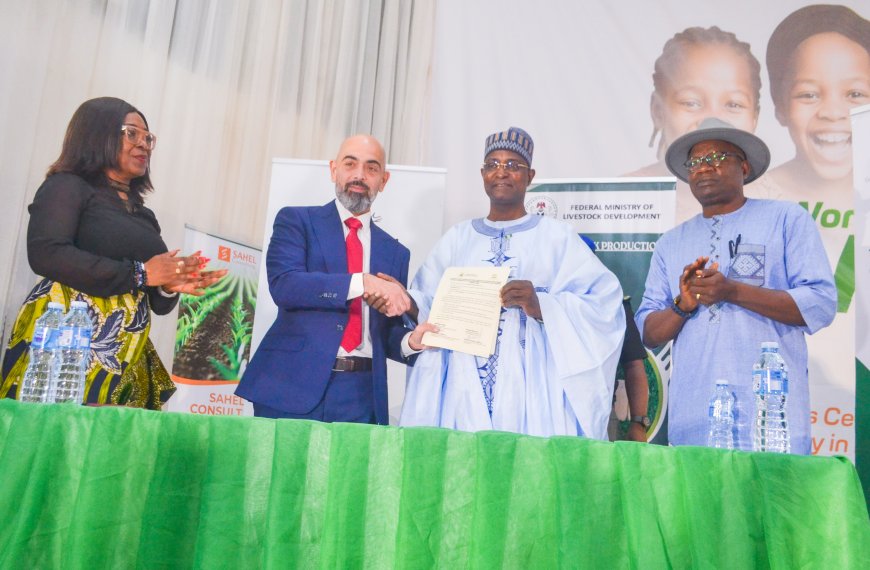
L-R: Victoria Uwadoka, Corporate Communications, Public Affairs and Sustainability Lead, Nestlé Nigeria, Wassim Elhusseini MD/CEO, Nestlé Nigeria, Idi Mukhtar Maiha, Honourable Minister, Federal Ministry of Livestock Development and Victor Egbon, Director, Ruminants and Monogastric Development, Federal Ministry of Livestock Development at the signing ceremony of the Letter of Intent between both organization's to establish the Nestlé Dairy Training Center, in Abuja, today.
The collaboration between Nestlé Nigeria PLC and the Federal Ministry of Livestock Development to launch a Dairy Technical Skills Development Program is not just another corporate social responsibility initiative; it is a strategic blueprint that tackles three core challenges stifling Nigeria’s national development: food security, youth unemployment, and the urgent need for foreign exchange diversification.
Formalized on World Milk Day 2025, this partnership directly addresses the lack of mid-level technical and vocational skills that have kept local milk production low, expensive, and often substandard. It elevates the conversation around development from basic aid to targeted, value-chain empowerment.
The Development Challenge: Quantity and Quality
For decades, Nigeria has relied heavily on importing dairy products, draining scarce foreign exchange. This new initiative, signed via a Letter of Intent (LOI), aims to flip that script.
As Wassim Elhusseini, Managing Director and CEO of Nestlé Nigeria PLC, noted, the agreement is about "bridging the gap in mid-level technical skills" to meet growing market demands. By focusing on capacity building in milk production, processing, hygiene, and management, the program is designed to create a competent workforce that can significantly enhance domestic output.
Alhaji Idi Mukhtar Maiha, the Honorable Minister of Livestock Development, confirmed the government’s commitment by announcing the imminent commissioning of a Dairy Training Centre in Paikon Kore, Gwagwalada. This centre will be the engine room for training farmers and mid-level manpower in modern practices, a key pillar of the National Livestock Growth Acceleration Strategy.
The Power of Proof: Data-Driven Impact
The true challenge to conventional perspectives lies in Nestlé’s existing track record. Since launching its Dairy Development Project (NLDP) in 2019, the results have been transformative: Metric | 2019 (Launch) | 2024 (Current) /Launch 100% Improvement |
| Monthly Milk Producer Revenue | ₦70,000 | ₦250,000 | +257% |
| Milk Rejection Rate | 12% | 5% | -58% |
| Milk Aggregated (Total) | N/A | Over 1 Million Litres | N/A |
| Co-operatives Established | N/A | 83 (benefiting 3,000+ producers) | N/A |
Furthermore, the Nestlé Dairy Demonstration Farm proves that local breeds, currently producing about 1 liter per cow daily, can be safely trained to yield over 10 liters under modern best practices. The Minister's invitation to Nestlé to convert this farm into a full-scale training institute highlights the government's recognition of this practical, scalable success.
Elevating the National Conversation
This collaboration challenges the traditional view of corporate investment as merely transactional. It reframes it as a "shared value" creation model that simultaneously builds local capacity, improves nutrition, and generates wealth at the grassroots level.
By formalizing the training and skills development pipeline, this initiative is not just improving milk yields; it is creating a sustainable, certified pathway for youth employment and laying the groundwork for a prosperous, self-sufficient Nigerian dairy industry. It signals that the future of Nigeria's food security is not found solely in imports, but in the hands of its trained, technically competent artisans and technicians.
What's Your Reaction?







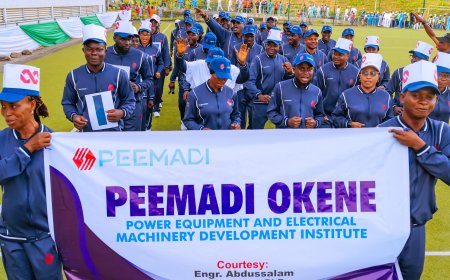

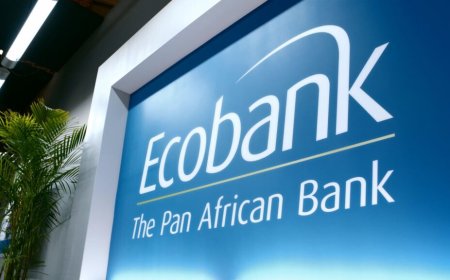

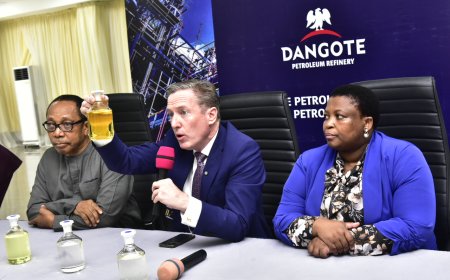









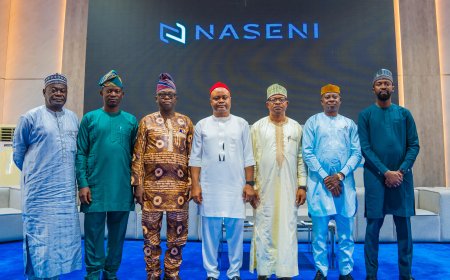
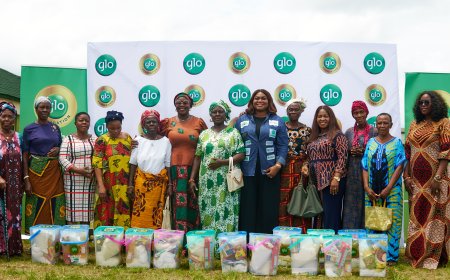




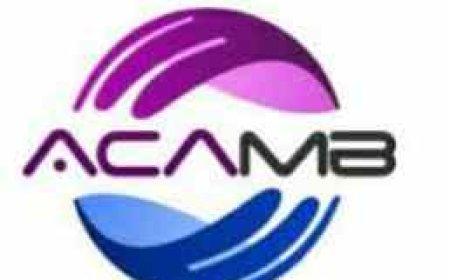



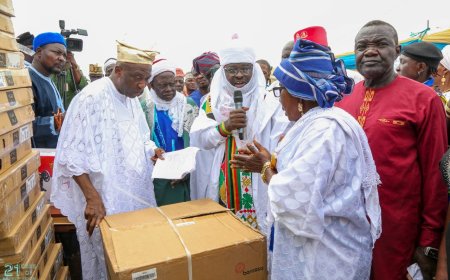






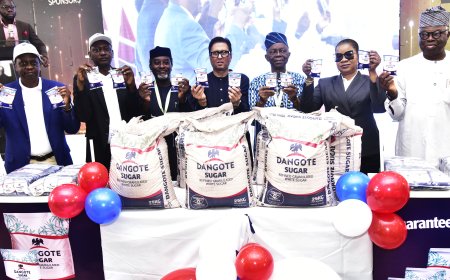
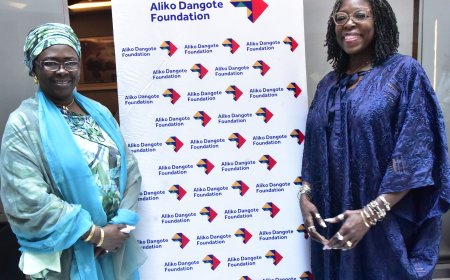






 The Chairman and Chief Executive Officer of Adron Homes and Properties Limited, Aare Adetola Emmanuelking, has congratulated the Government and people of Oyo State as the state marks its 50th anniversary, describing the occasion as a celebration of resilience, cultural pride, and sustained progress.
The Chairman and Chief Executive Officer of Adron Homes and Properties Limited, Aare Adetola Emmanuelking, has congratulated the Government and people of Oyo State as the state marks its 50th anniversary, describing the occasion as a celebration of resilience, cultural pride, and sustained progress.



